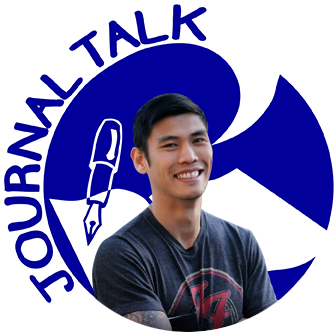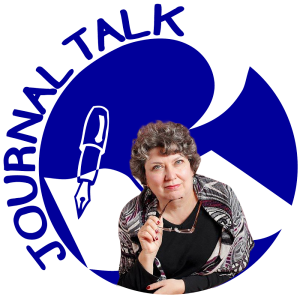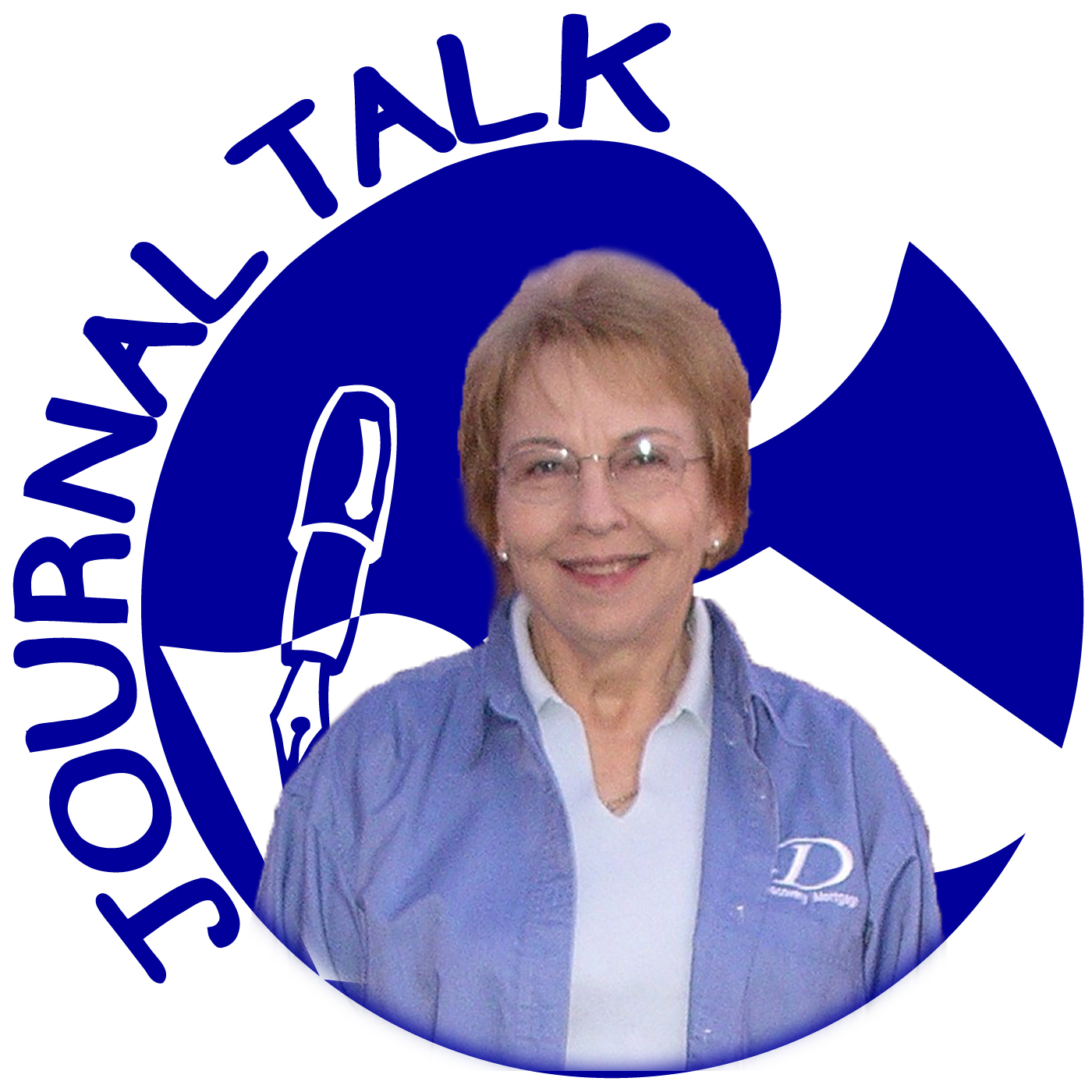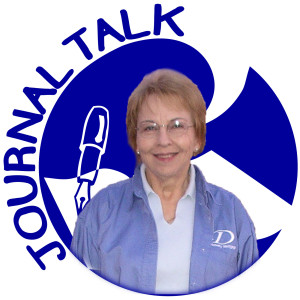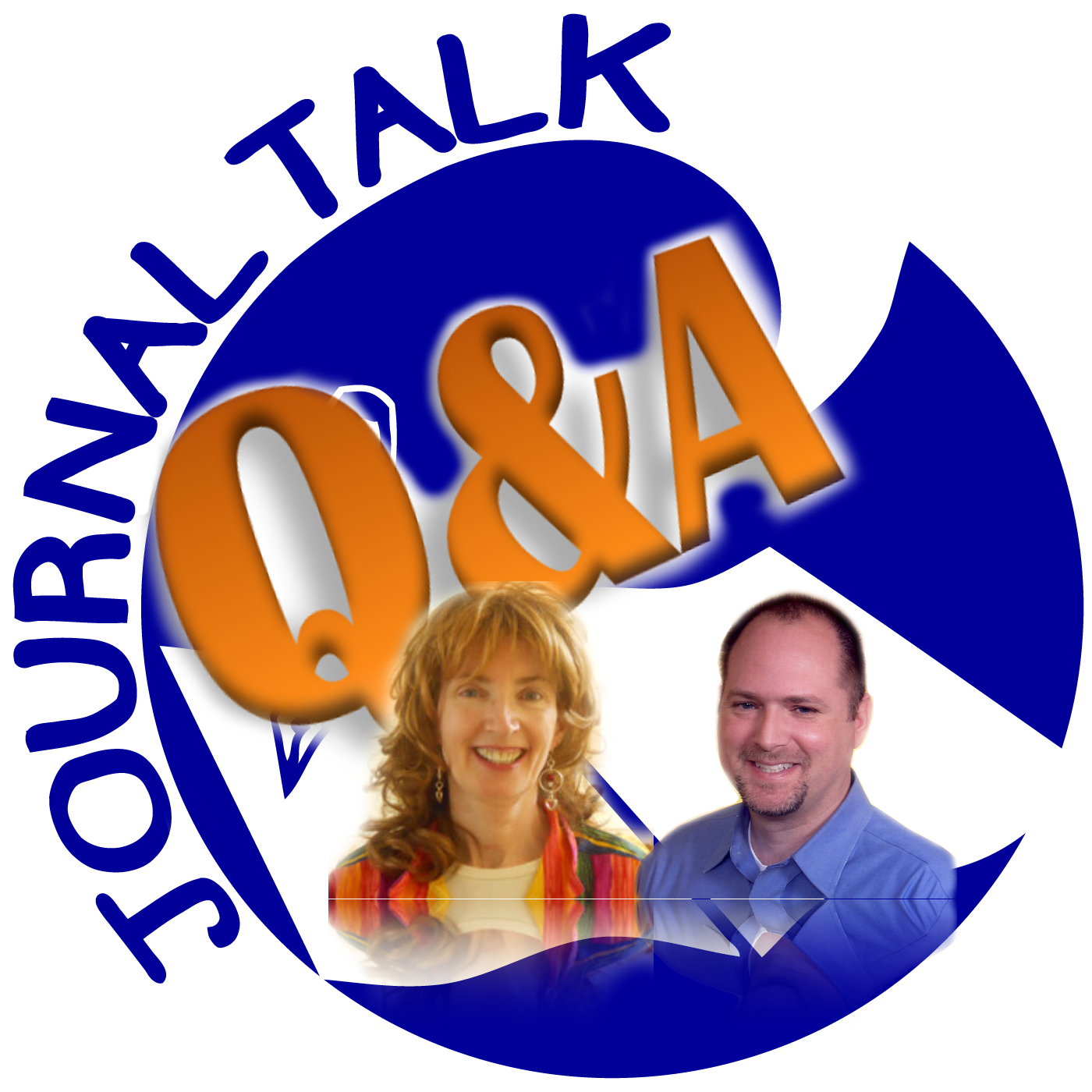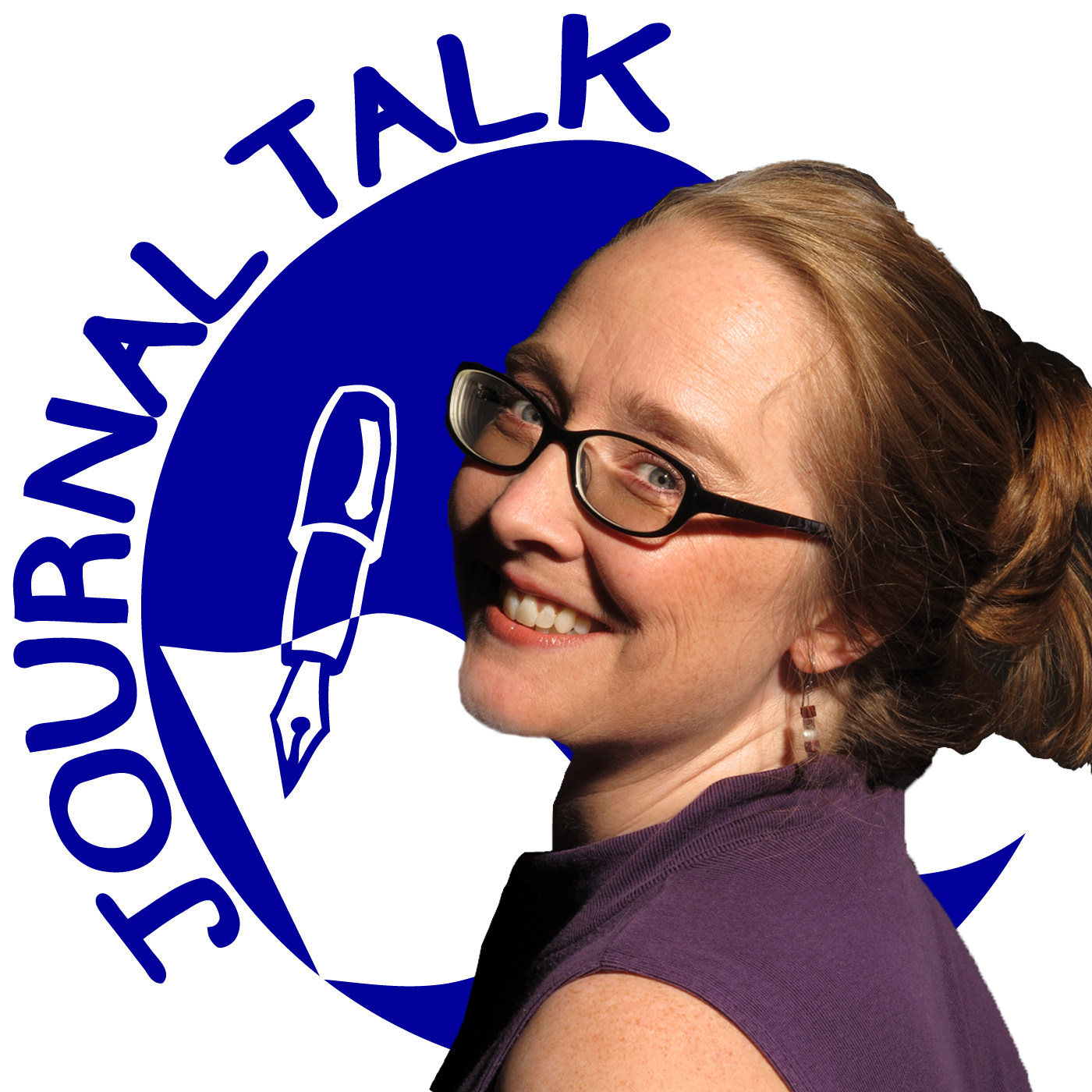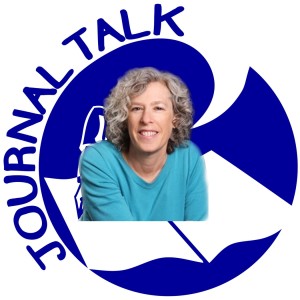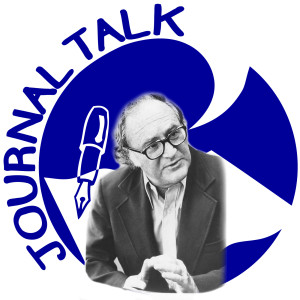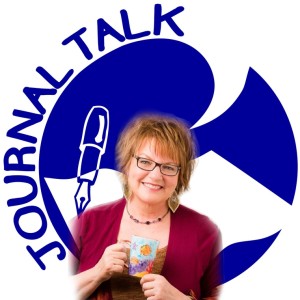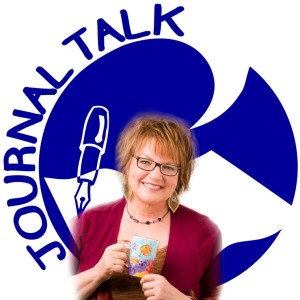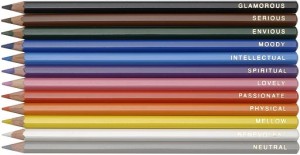 While designing a journaling workshop, I often ask myself, “What’s the one thing that I want people to take away from this session?” It’s a technique I learned from my days in instructional design training. I’ve also heard Pat Flynn, Michael Hyatt, and other contemporary coaches offer this suggestion to bloggers and podcasters who are preparing content for their audience. This question has served me well, and always helps me focus on one important theme, around which I can decorate with supporting examples and exercises. It keeps my journaling workshops engaging and poignant.
While designing a journaling workshop, I often ask myself, “What’s the one thing that I want people to take away from this session?” It’s a technique I learned from my days in instructional design training. I’ve also heard Pat Flynn, Michael Hyatt, and other contemporary coaches offer this suggestion to bloggers and podcasters who are preparing content for their audience. This question has served me well, and always helps me focus on one important theme, around which I can decorate with supporting examples and exercises. It keeps my journaling workshops engaging and poignant.
But recently I’ve noticed something. When I think of the one thing I want people to come away with, it’s almost always the same thing every time. Whether I’m preparing for a journaling workshop, or podcast episode, or blog post I’m working on.
I’m taking this as a sign.
I think it means that maybe there’s just one thing that I want you to know about journaling. Perhaps I’m realizing that there’s really One Thing that best summarizes a good journaling practice. The One Thing that explains all the wisdom in all the workshops and books on the subject is: Learn to Get Real with Yourself.
Journaling coaches and therapists around the globe have offered all kinds of stylistic trainings and motivation on journal-keeping. There are hundreds of resources, books, workshops, theories, and prompts to help inspire you toward your best writing. But perhaps this one principle, if mastered, will make all the other tips and techniques unnecessary. Just spend some time “getting real” with yourself.
Neither tips, nor prompts, nor fancy pens, nor crafty notebooks, nor all the software features in the world can make an ounce of difference in the quality of my journal-writing if I’m not willing to open up and be completely honest with myself.
We are masters at spinning information, juggling with people’s perceptions, dancing with both our ego and our soul, choosing which is nobler between two goods, such as telling the truth or preserving the peace. We put on a smile at work, even though we are exhausted and the customer is unfair. We quiet our kids’ persistent unanswerable questions with harmless white lies to get through the day, knowing they’ll understand more when their time comes. We blend in, we strategize the best refund, we find a silver lining, we point to our good intentions to explain our thoughtless mistakes. There are millions of ways that we shift and warp reality, and they are all for good reasons. But in our journals, it’s time to get real.
And, unfortunately, getting real with one’s self is nothing that I (or anyone) can teach you in a workshop or a book. It’s simply calling a spade a spade. It’s acknowledging both sides of an argument. It’s facing whatever fears are blocking our courage. It’s being secure in our insecurities. It’s making time to celebrate the small accomplishments. It’s recognizing the value of our contributions to the world. It’s forgiving. It’s making peace with why it’s sometimes so hard to forgive. It’s getting clear about who we are and where we want to be. It’s stating our truth, however inconvenient. It’s wrestling with our convictions, and untangling old systems of thought that no longer serve us.
If there’s one thing I would like to teach the world about journaling, it’s that journaling is the best place to get real with ourselves. And if we can get real in our journal, we can face ourselves in the mirror. And once we are acquainted with ourselves, can we truly know the whole world.
“Knowing yourself is the beginning of all wisdom.” – Aristotle
“Know thyself and everything else will be revealed.” ― Pamela Theresa Loertscher
Image: By damianosullivan (Own work) [CC-BY-SA-3.0
 Mari Adkins from Journaling Journey asks, “What do you do when you’re burned-out from journal-writing, and how do you get going again?”
Mari Adkins from Journaling Journey asks, “What do you do when you’re burned-out from journal-writing, and how do you get going again?”

